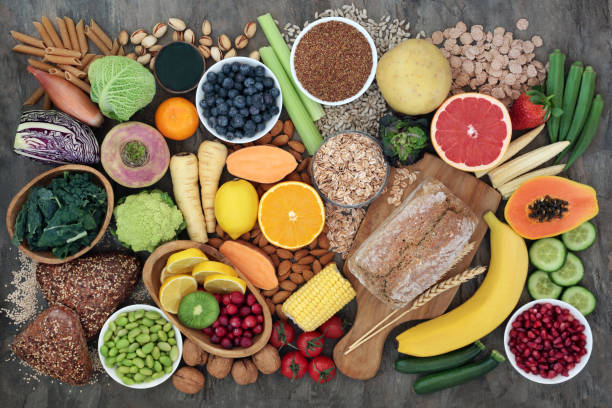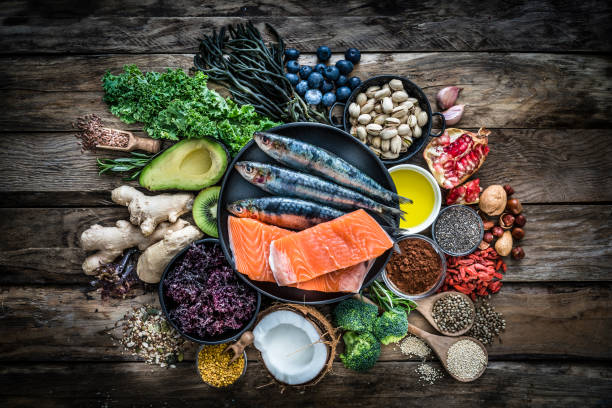Heart
Maintaining A healthy Cardiac system
Maintaining a cardiac-healthy lifestyle through diet and habits.
The Role of Diet in Maintaining Cardiac Health
Maintaining heart health involves following a well-balanced and nutritious dietary regimen. The role of diet in cardiovascular health is paramount as it directly influences heart function. By making mindful dietary choices, people can significantly minimize their likelihood of heart-related ailments and ensure their overall health.
A diet that promotes heart health primarily entails minimizing consumption of unhealthy fats, cholesterol, sodium, and sugars, while prioritizing nutrient-dense food intake. One of the main components of maintaining heart health through diet includes limiting the intake of saturated and trans fats. These fats, typically present in fried and processed foods like fast food, baked goods, and prepackaged snacks, can heighten cholesterol, promote plaque formation in arteries, and eventually bring about heart diseases. Healthier substitutes like lean proteins, fruits, vegetables, whole grains, and low-fat dairy products are recommended instead.
Another critical aspect of a heart-friendly diet is reducing sodium intake. Consuming sodium in high amounts can lead to high blood pressure, which elevates the risk of heart complications. In order to control this, individuals should avoid processed and prepackaged foods abundant in sodium. Spicing up meals with herbs and opting for fresh, whole foods can serve as a healthier alternative.
Fiber – Rich Foods
Furthermore, it’s important to incorporate fiber-rich foods into a heart-friendly diet. A diet dense in fiber can help balance cholesterol levels and regulate blood pressure. Foods such as whole grains, legumes, fruits, and vegetables are rich in fiber and should be part of daily meals. Such foods are not only packed with essential nutrients but also endorse heart health.

OMEGA-3 FATTY FOODS
It’s also beneficial to consume omega-3 fatty acids regularly, as they significantly contribute to heart health. Omega-3 fatty acids, found in fatty fish, nuts, and seeds, can reduce inflammation, lower triglyceride levels, and decrease the risk of abnormal heart rhythms. Including these heart-friendly fats in a balanced diet can aid in maintaining cardiovascular health.
Finally, being mindful of portion sizes forms part of maintaining a heart-healthy lifestyle through diet. Overeating can lead to weight gain and heighten the risk of heart diseases. Therefore, individuals should aim for smaller portions and stay attuned to their body’s hunger and fullness signals.
In essence, diet plays an instrumental role in maintaining heart health. By embracing a heart-friendly diet that includes limited consumption of unhealthy fats, decreased sodium intake, fiber-rich foods, omega-3 fatty acids, and mindful portion control, individuals can actively foster cardiovascular health. Making mindful food choices and integrating these dietary suggestions into daily life can significantly aid in leading a heart-friendly lifestyle.


